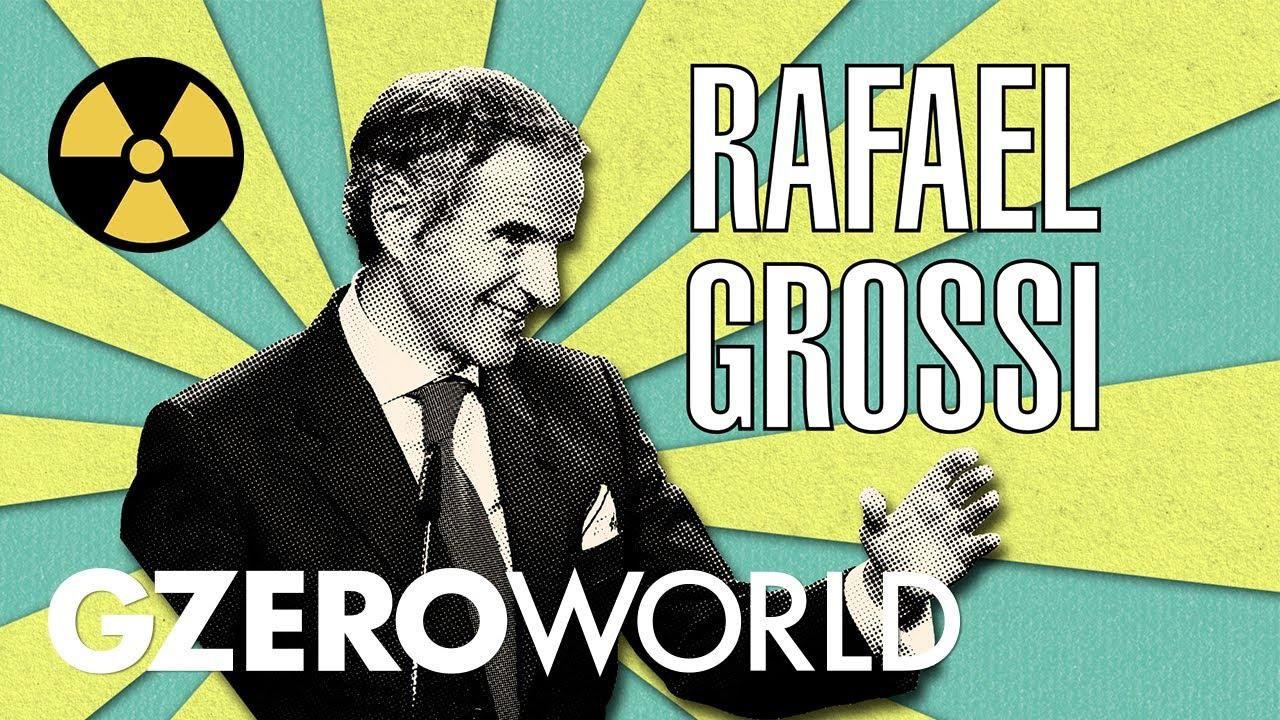
Note: This interview appeared as part of an episode of GZERO World with Ian Bremmer, "Rogue states gone nuclear and the watchdog working to avert disaster" on January 16, 2023.
International Atomic Energy Agency chief Rafael Grossi witnessed first-hand how close we came to another Chernobyl disaster thanks to fighting near the Zaporizhzhia nuclear power plant in southern Ukraine. On GZERO World, Ian Bremmer asks Grossi about the world's nuclear threats and what the IAEA is doing about them. Grossi views himself as a mediator — if leaders are willing to listen to him.
Grossi, known as the top nuclear watchdog, discusses the most urgent problems he is monitoring. Kim Jong-un called for a exponential increase in his country's arsenal. Russian president, Vladimir Putin, has turned his country into the world's most dangerous rogue state. His military also controls the Zaporizhzhia nuclear power station in Ukraine. Putin also has at his fingertips the largest nuclear arsenal on the planet, even a little larger than America's, nor has he been subtle about his willingness to use it. Meanwhile, Iran, Russia's most important military ally, has been steadily at work developing its own nuclear weapon capabilities.
Watch the GZERO World episode: Rogue states gone nuclear and the watchdog working to avert disaster